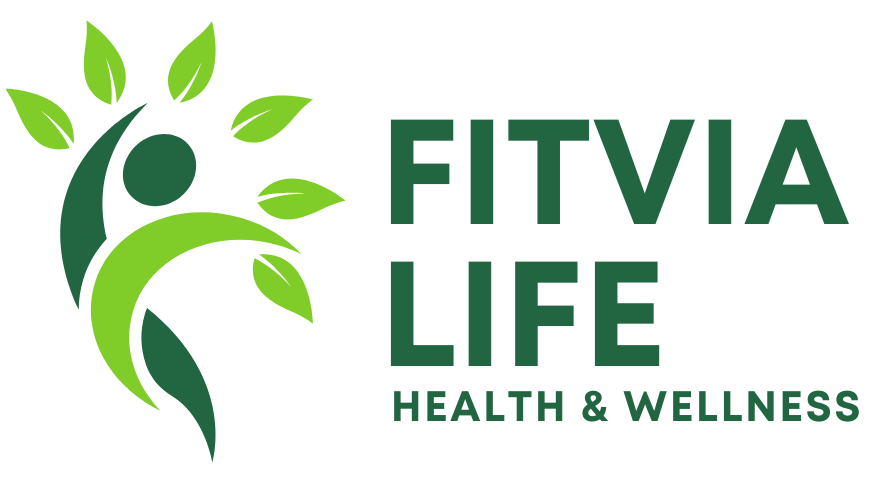The Silent Healer: Unlocking the Power of Sleep
In the modern race of productivity, sleep has quietly become a casualty. Yet, science continues to uncover its irreplaceable role in sustaining human health, cognition, and emotional well-being. Far from being a passive state, sleep is a dynamic and essential process that supports nearly every system in the body — from the brain and heart to metabolism and immune function.
The Architecture of Sleep
Sleep occurs in cycles, typically lasting about 90 minutes, and is divided into two main categories: Non-REM (Rapid Eye Movement) and REM sleep. Non-REM sleep includes stages of deep restorative rest, where tissue growth and repair occur, immune function is strengthened, and energy is restored. REM sleep, often associated with dreaming, plays a critical role in learning, memory consolidation, and emotional processing.
Each night, the average person cycles through four to six sleep cycles. Disrupting this architecture — whether due to late-night screen use, stress, or irregular schedules — can impair the brain’s ability to perform essential housekeeping tasks, such as flushing out toxins and reinforcing neural pathways.
Sleep and Brain Health
Sleep is the brain’s maintenance window. During deep sleep, the glymphatic system activates, clearing waste products like beta-amyloid — a protein linked to Alzheimer’s disease. This nightly “cleaning” process is crucial in preventing cognitive decline. Moreover, REM sleep sharpens memory and creativity. Students, for example, show better test performance after a full night’s rest compared to those who cram through the night.
Chronic sleep deprivation has been strongly associated with mental health disorders. Insomnia, in particular, increases the risk of anxiety, depression, and even suicidal ideation. Conversely, improving sleep quality is often one of the first steps in mental health recovery.
Physical Health and Immunity
The connection between sleep and physical health is equally robust. Just one night of poor sleep can impair glucose metabolism, mimic symptoms of pre-diabetes, and reduce insulin sensitivity. Long-term sleep deprivation contributes to obesity, cardiovascular disease, and weakened immunity.
Research shows that people who sleep less than six hours a night are at a significantly higher risk of heart attacks and strokes. Inadequate sleep also affects hormone production, including those that regulate appetite, stress (cortisol), and growth. It’s no coincidence that shift workers — who often have disrupted sleep patterns — face higher rates of metabolic syndrome and other chronic diseases.
Sleep in the Digital Age
Blue light emitted from phones, tablets, and computers suppresses melatonin, the hormone that regulates sleep-wake cycles. As a result, screen time before bed delays sleep onset and reduces sleep quality. The digital era, with its constant connectivity and stimulation, has contributed to a global decline in sleep duration and quality.
Sleep experts recommend “digital sunset” — powering down screens at least an hour before bedtime — and establishing a consistent bedtime routine to cue the body for rest. Creating a sleep-friendly environment, such as keeping the bedroom dark, quiet, and cool, can also dramatically improve sleep hygiene.
A Wake-Up Call
Despite growing awareness, sleep continues to be undervalued. The World Health Organization has declared sleep deprivation a global health epidemic, citing its widespread implications for workplace accidents, school performance, and public safety.
Thankfully, the tide is turning. Employers are beginning to recognize the productivity benefits of well-rested employees. Schools are reconsidering early start times. And health professionals are integrating sleep assessments into routine care.
Sleep is not a luxury; it’s a biological necessity. Investing in good sleep hygiene is one of the most powerful — and accessible — forms of self-care. In the words of sleep scientist Matthew Walker, “The shorter your sleep, the shorter your life.” Prioritizing sleep isn’t about doing less — it’s about living more fully, with clarity, energy, and resilience.

